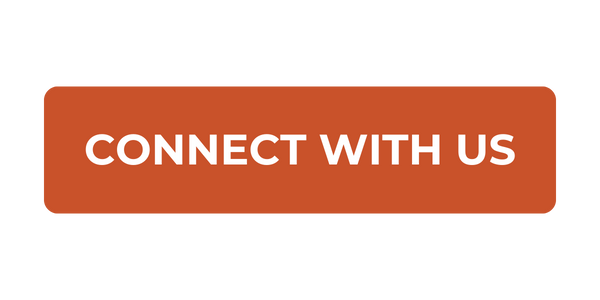As digital transformation has risen to the level of a table-stakes issue for businesses, hiccups in the process are becoming more apparent. But, after all, a problem is an opportunity to find a solution, and that’s what has business leaders turning to citizen development as a tool to propel their digital transformations forward.
What is Citizen Development?
Citizen development is a way for IT Teams to overcome the backlog and understaffing issues plaguing the development world and bringing digital transformation projects to their knees. Citizen developers are users who are not trained in IT processes, but who are able to create business applications using low-code/no-code (LCNC) platforms, without involving software developers to create. These platforms provide prewritten, essential lines of code as icons that citizen developers can drag and drop in a simple visual process to implement automation, enable functionality, connect business units, apply actions through business rules, and much more.
Who Can Be a CItizen Developer?
The answer to that question is simple: anyone can be a citizen developer. The learning curve for using LCNC platforms is shallow, and some basic tech savvy will put most users on the right path. The concept of citizen development is the idea that anyone can and should create new technology to improve their lives. The mantra, “Anyone can cook,” from the deceased chef in the film Ratatouille applies here. For the chef, knowing how to cook was like knowing how to talk - the vast majority of us talk, but those of us who do it well are more successful. Likewise, we float in a sea of technology, but only some of us learn how to swim in it. Those that do enjoy a significant advantage over those that don’t. The aim of the citizen developer movement is to help all of us swim by lowering the barriers to swimming. In other words, it’s democratizing technology.
Preparing for Citizen Development Adoption
Once your LCNC platform is in place, it’s easy for users to get up and running with citizen development. But, there are some prerequisite tasks that need to be completed in order to prepare for adoption:
Digitizing data: The foundational code that fuels an LCNC platform is built on trustworthy data. It’s significantly more expensive to build technology for analog data than digital. Usually, the best approach is to digitize the data, then create technology to manipulate it. So, if you have processes that involve analog data, such as a paper document, your first phase might be to assess the process to determine if it can be done with a digital document instead.
If you have processes that cannot be digitized, such as manufacturing of physical goods, look at creating a digital twin of the process. A digital twin is simply a model of the physical process that can be manipulated in your management systems
Choosing a platform: The most simple way to get up and running with citizen development is to use a platform that is already built and ready to integrate into your business processes. Some popular options include Microsoft PowerApps, Mendix, Workato, Make.com, Zapier, Zoho Creator, and Salesforce Lightning. The right choice for you depends on your current situation and future goals.
Building integrations: The data that is fueling your LCNC needs a pipeline for delivery in the form of an API or integration. Building these integrations can take some time, but once they’re in place, you’re ready to harness that data and make it work for you.
Baby steps: Each citizen development project will teach your team how the LCNC platform works, and what you can refine for better results. Generally, an incremental approach that starts with simple wins and builds on past successes, incorporating lessons learned as you go, will be more successful than an approach that requires a specific outcome of unknown feasibility.
The Verisage team is available to make your LCNC adoption go as smoothly as possible. We can help you every step of the way, from preparing data, to choosing an LCNC platform, through integration and implementation. Connect with us to discuss your ideas and get started.

Citizen Development on the Rise